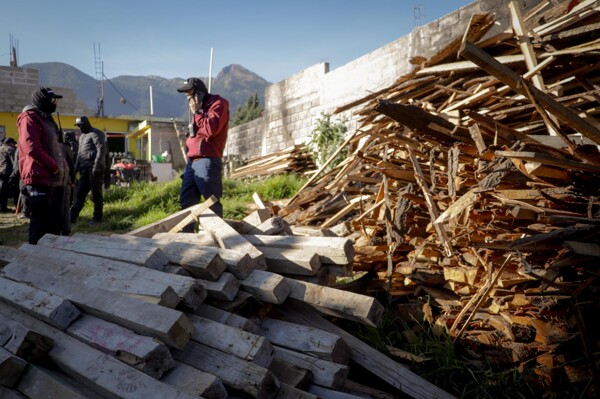
The Federal Agency of Civil Aviation (AFAC) has presented a management report of activities where deficiencies in its structure and operations were detected, which served as an argument for Mexico's recent downgrade to category 2 in aviation safety by the Federal Aviation Administration (FAA).
Among the deficiencies noted in the 2018-2024 Government Management Report, it stands out that AFAC has been unable to meet the annual program for technical-administrative inspections due to a lack of personnel and budget. According to the document consulted by El Financiero, 13 scheduled inspections did not take place due to limitations in human resources.
These inspections are essential to ensure safety in air operations, the integrity of passengers and their belongings, as well as the protection of people on the ground. In the last two years, after recovering category 1, AFAC scheduled 106 safety inspections but only completed 24 of them, canceling another 24 and rescheduling 20 without specifying a new date.
The lack of personnel to carry out inspections, the budget shortfall, and other issues related to aviation inspectors were identified in more than 50% of the non-conformities that led to the downgrade in aviation safety. In total, 82 inspections were not carried out, were canceled, or were rescheduled.
The report indicates that, due to budget constraints, lack of human and material resources, AFAC was forced to restructure the Annual Inspection Program to meet the goals set by the Directorate and the recommendations of the International Civil Aviation Organization. The general director of AFAC, General Enrique Vallín, has mentioned that at least 4 billion pesos and the hiring of 4 thousand employees are needed to meet international standards.














